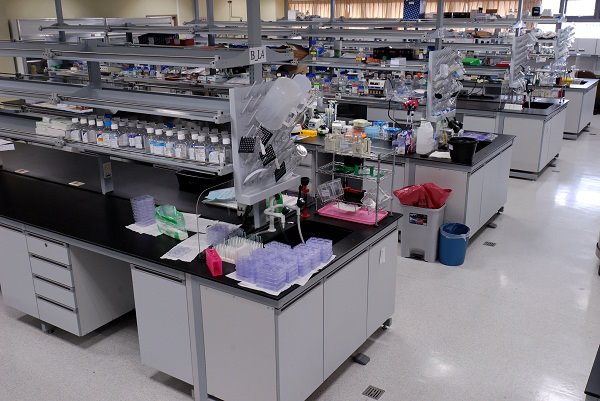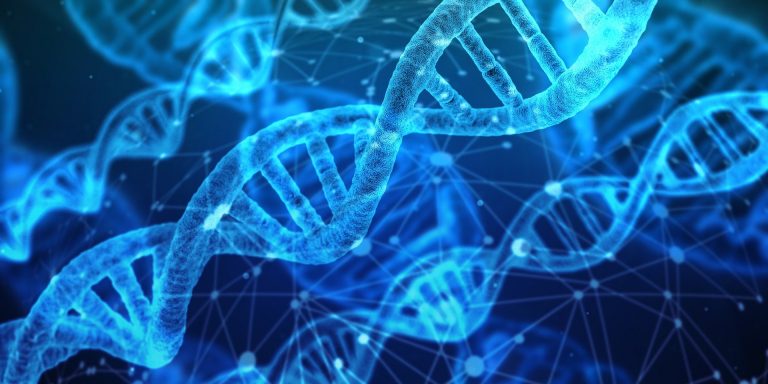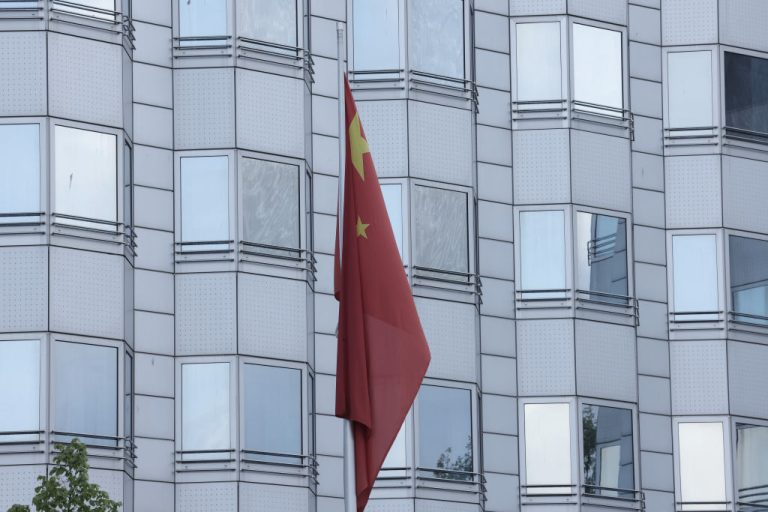When the Coronavirus Disease 2019 (COVID-19) pandemic broke out last March in the state of Washington, China-based BGI Group, the largest biotech firm in the world, approached authorities in multiple states with tantalizing offers for pandemic relief. Offers included supplying high throughput sequencers, setting up and running COVID-19 testing labs, providing technical expertise, and giving donations. As recent documentaries, federal reports, and expert interviews have revealed, China’s history of DNA exploitation and “Trojan” biotech labs is still alive and well today.
Officials have expressed concerns about the connections between BGI Group and the Chinese Communist Party (CCP). In an interview with CBS News’ 60 Minutes, former National Counterintelligence and Security Center (NCSC) head Bill Evanina explained that the BGI offer showed the “nefarious mindset” of the CCP, which was to take advantage of a global health crises like COVID-19 to further its ambitions.
“[Evanina] was so concerned by BGI’s COVID testing proposals, and who would ultimately get the data, that he authorized a rare public warning: ‘Foreign powers can collect, store and exploit biometric information from covid tests’… Evanina suspects these lab offers are modern-day Trojan horses,” according to 60 Minutes.
“BGI comes to the U.S. bearing gifts, but harboring other motives. It’s unclear whether BGI, or any COVID tester, would get DNA from nasal swabs, he says, but the labs are a way to establish a foothold, to bring their equipment here, start mining your data, and set up shop in your neighborhood,” the broadcast continued.
In its Made in China 2025 plan, Beijing details plans to become the dominant player in the biological sector and at the forefront of developing precision medicines, vaccines, and so on. In the same 60 Minutes episode, Edward You, a former biochemist turned FBI investigator, warned of a future where America is completely dependent on foreign sources for health care, drugs, and vaccines.
Federal report warns of DNA exploitation
Success
You are now signed up for our newsletter
Success
Check your email to complete sign up
In February, the National Counterintelligence and Security Center (NCSC), part of the Office of the Director of National Intelligence (ODNI), released a report on China’s collection of genomic data that echoed Evanina’s concerns. The NCSC warned that China’s data acquisition efforts posed long-term economic challenges to the U.S., potentially leading to dependence on Chinese drugs and treatments and a “transfer of wealth, co-opting of new businesses and greater job opportunities in China.”
“The PRC’s [People’s Republic of China] acquisition of U.S. healthcare data is helping to fuel China’s Artificial Intelligence and precision medicine industries, while the PRC severely restricts U.S. and other foreign access to such data from China, putting America’s roughly $100 billion biotech industry at a disadvantage… Over time, this dynamic could allow China to outpace U.S. biotech firms with important new drugs and health treatments and potentially displace American firms as global biotech leaders,” the report states.

Founded in 1999, BGI was initially named Huada. It was the first company to decode the SARS virus genome when the epidemic hit in 2003, and decided to change its name to BGI that year. Like many other Chinese firms, BGI pledged loyalty to the CCP and benefited immensely from government funding over the years.
Wang Jian, the company’s founder, once revealed that the firm’s offices were covered with slogans like “Loyally Serve the Country.” In 2010, BGI established itself as a major player in the biotechnology industry with the purchase of 128 sequencing systems from Illumina, the top U.S. sequencing equipment maker, through a Chinese state-backed bank loan. BGI now operates in over 100 nations, and has 11 labs and offices in the U.S. alone.
‘Weaponizing’ genomic data
In March 2019, Steven W. Mosher, who studied human biology at Stanford University and authored “Bully of Asia: Why China’s Dream is the New Threat to World Order,” pointed out the possibility of the Chinese regime weaponizing genomic data of other races. In an Epoch Times article, he warned that China could use its trove of American medical data for military purposes.
For example, Beijing could create mutant pathogens targeting specific races and ethnicities, or exploit vulnerable personal health information to prey on high-ranking officials, politicians, and military personnel. He wrote that the “Asian genome is genetically distinct from the Caucasian and African in many ways. Indeed, residents of the North China Plain, the cradle of Chinese civilization, are genetically distinct from the Koreans, Japanese, Tibetans, and other Asians as well.”
“Would it be possible to bioengineer a very virulent version of, say, smallpox, that was easily transmitted, fatal to other races, but to which the Chinese enjoyed a natural immunity?… Would the one-party dictatorship that rules China have any moral compunctions about developing and deploying such a weapon? Clearly not,” he continued.
Jonathan Walker contributed to this report.







